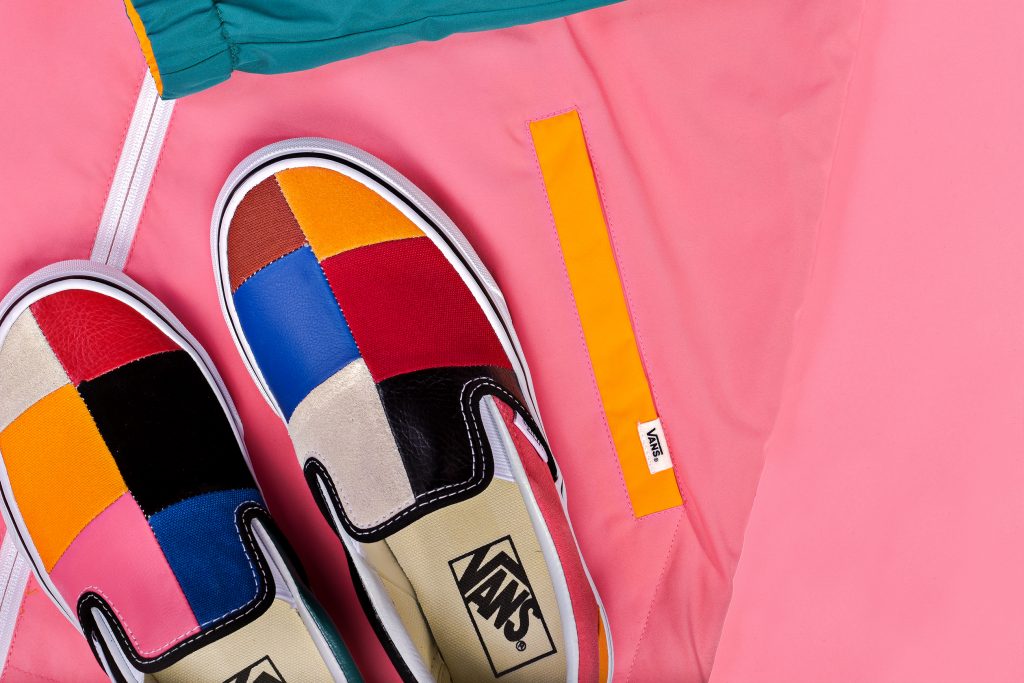So Yesterday
So Yesterday. It’s an adventure mystery about a teenage cool hunter who stumbles upon the most amazing sneakers ever. Needless to say, I was skeptical. I finally got around to reading it (cover to cover in flight from San Francisco to New York) earlier this week and was pleasantly surprised. Westerfeld’s witty yet simple writing weaves a fun story with a bit of cool hunting education. Intrigued, I wanted to know more about Scott. He was happy to give me this interview:
What inspired you to write a book about cool hunting?
I’ve been a New Yorker for almost 20 years, but having married an Australian, I spent 2002 in Sydney. So Yesterday is partly about coming back to the city for the summer of 2003, seeing with fresh eyes the way its pieces fit together, particularly on the levels of fashion and brands and advertising, which cover NY like a second skin. My wife and I are “bi-summeral” now, and moving between two hemispheres has made both seem somewhat alien. We’re always out of step with the latest fad, movie, or catchphrase, which helps make the mechanisms of change more obvious.
Hunter, my protag in So Yesterday, is also alienated (in that healthy, questioning-how-things-work way). Having moved to NYC from Fort Snelling, Minnesota at the start of high school, he found himself in a strange environment, and had to completely relearn the codes of cool. The same thing happened to me repeatedly as a kid. My father worked for Univac back when their room-sized computers came with guys in suits; we moved around the country so often that I started at a new school ten years in a row. Like Hunter, I got really good at resetting my social codes.
Thus, So Yesterday is partly a love letter to New York, composed while discovering the city again after an absence, and partly a memoir of those teenage years, when hacking the social order can be a matter of life and death.
How did you learn about the ‘art’ of cool hunting? Are you a cool hunter yourself?
I’m certainly no cool hunter. For one thing, I’m not cool enough. My real training for SY has been as a science fiction writer. It’s part of our job description to extrapolate the consequences of social and technological changes, and then to tell the individual human stories that emerge from those changes. So watching street-level adaptations and trying to predict what happens next comes as second nature.
Although So Yesterday is set in the here and now, several of my sf writer friends tell me that it’s sort of science fiction, because it’s about secret histories, seeing the world through alien eyes, and Big Changes to Come. (Perhaps you could call cool hunting a type of “applied science fiction.”)
In the book you challenge the ethics of trendsetting and consider whether its role is shifting in today’s brand development. Can you elaborate on those thoughts?
My book is aimed (at least in its official publishing category) at younger readers, who feel (thankfully) a need to challenge what’s getting sold to them. But like my character Hunter, they also understand the pleasures of marketing and brand awareness. Even the revolutionaries in my book, the Jammers, aren’t out to destroy the cool pyramid, they want to reinvigorate it by wresting it from corporate control.
However, readers will realize that I’m not railing against Madison Avenue as some kind of bogey man. Human beings will always adopt countermeasures to attempts to manipulate them; skepticism and mockery of corporations is simply part of our immune system, and it’s fun too. Advertising and consumerism may be a giant, inhuman machine, but it often feels like one of those old computers my dad worked on, unwieldy and overheated, always headed for a something of a crash.
What do you think about the black spot sneaker?
As you know, So Yesterday features a pair of super-cool sneakers bearing an anti-Nike logo—a swoosh with a bar sinister across it. The real-life anti-logo black spots popped up shortly after I’d finished the novel, but before it was published. That’s a science fiction writer’s worst nightmare, to predict something accurately, but with insufficient lead time to get it into print.
My analysis? Great minds think alike.












